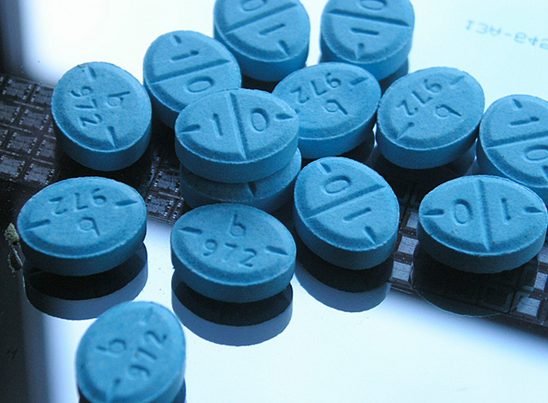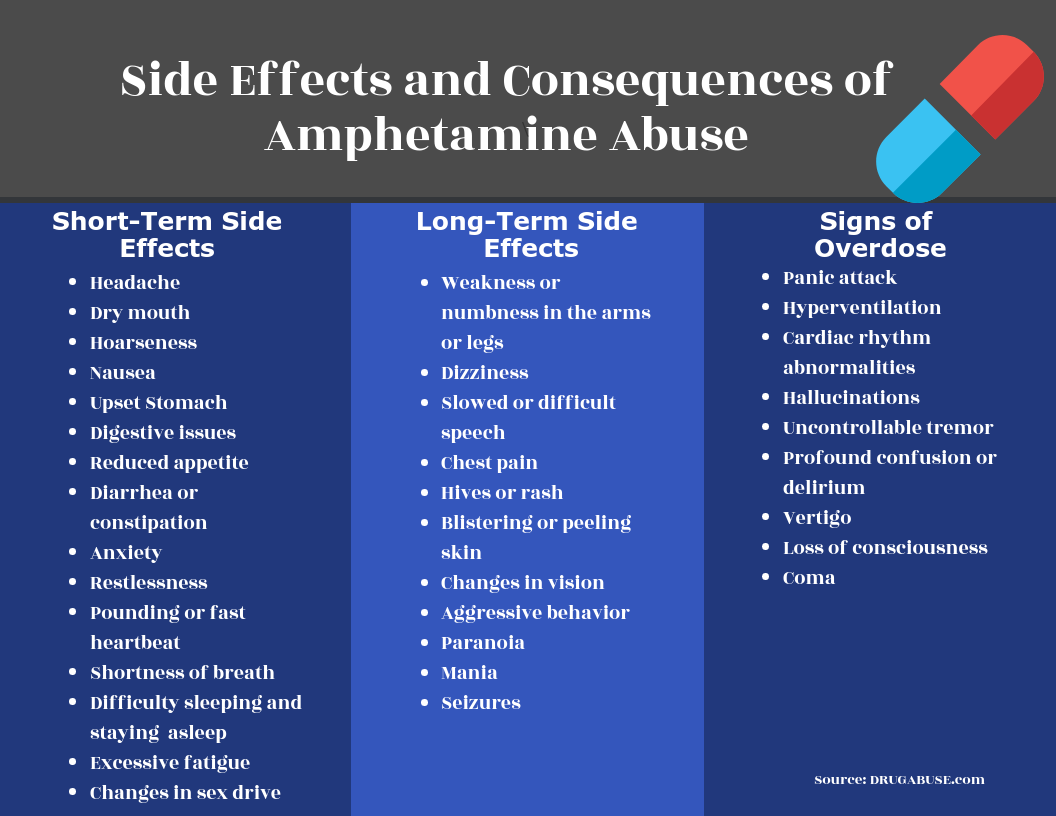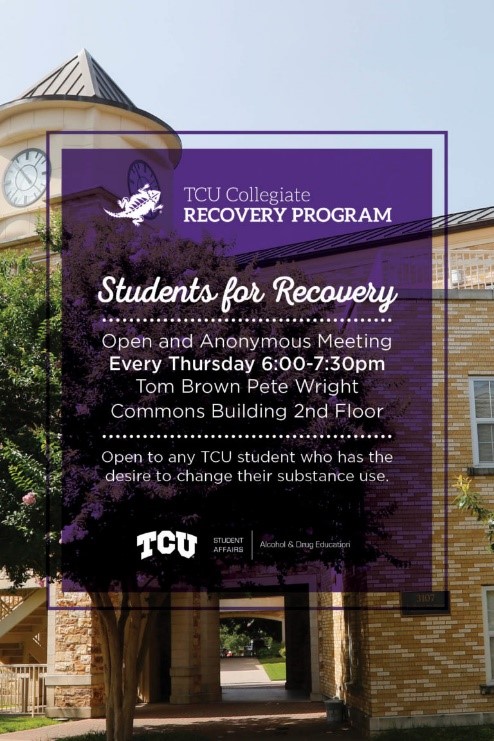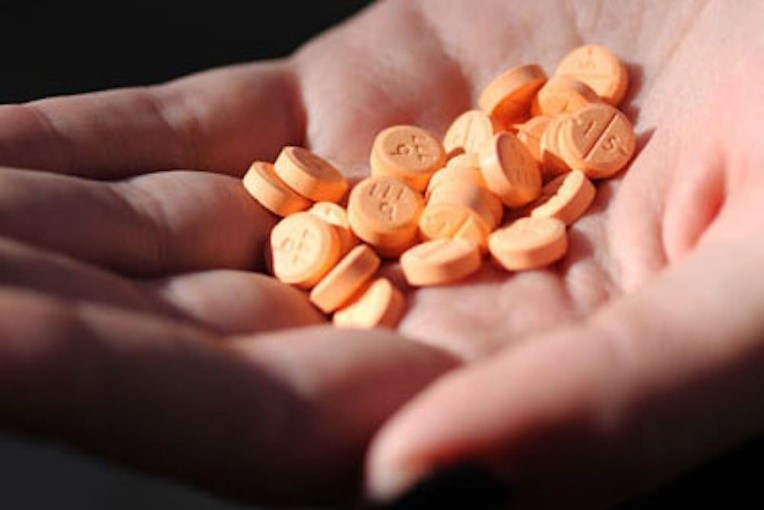A continuous rise in stress and anxiety levels have students turning from the taking figurative chill pills to legitimate ‘study pills.’
Pursuing a higher education can be a very stressful time due to college’s social, financial and educational pressures, so many students attempt to boost their performance by taking amphetamine pills, like Adderall, to meet demands and improve focus.
“People, especially college students, tend to overgeneralize all of the good things about drugs like Adderall and minimize all the negative things. People tend to almost glorify the drug,” said Caroline Albritton, TCU Alcohol and Drug Education’s substance use and recovery counselor.
Typically, Adderall is prescribed to treat attention deficit hyperactivity disorder (ADHD), attention deficit disorder (ADD), and narcolepsy.
The drug had proven to be beneficial when properly prescribed, but is a dangerous threat to people who take unprescribed amphetamines.
Although this amphetamine has been nicknamed “the study drug,” others see Adderall as an easy way to lose weight due to its notorious hunger-suppressing side effect.
What are amphetamines?

Amphetamines, a central nervous system stimulant, alters the brain’s chemistry by enhancing the ability of neurotransmitters to send messages between nerve cells and the brain. In short, it increases focus.
The “high potential for abuse” makes amphetamines a Schedule II drug, according to The Drug Enforcement Administration (DEA). Additional side effects include:
- it is highly addictive
- possible physical, or physiological damage
- hypervigilance
- insomnia
Adderall’s Presence on College Campuses
According to a report from the Center for Substance Abuse Research, “after alcohol and marijuana, prescription stimulants [like] Adderall and Ritalin are perceived to be the most easily available drugs misused among undergraduates.”
TCU’s Quality Enhancement survey conducted in 2015 reported that amphetamines were the second-most used illegal drug. The study also found that about two-thirds of young adults illegally obtained the drug from familiar ties such as friends, family and acquaintances.
In 2012, doctors wrote nearly 16 million amphetamine prescriptions – a number that tripled by the following year. The immense circulation combined with the high use of prescription stimulants has a direct correlation to the increased accessibility.
According to the National Survey on Drug Use and Health report of 2009, full-time college students aged 18 to 22 were twice as likely to use Adderall for non-medical purposes compared to students who were not full-time.
Juggling the various responsibilities and deadlines of college can put immense stress on students. However, studies have proven that Adderall is not the solution.
“It’s not a magic pill, it doesn’t do your homework for you,” Albritton said. “They think that the pill will make them more intelligent, but studies show that that is just not the case.”
Consequences of Adderall Abuse
The consequences of Adderall abuse expands past impacting a person’s physical health. Similar to any illegal controlled substance, the illegal possession, and distribution of amphetamine is a crime.

Persistent misuse can lead to more alarming effects.
Abusing it long-term, or at a higher dose, escalates the dangerous risks, including overdose.
“If people don’t know what they are taking, or what the dosage is, there can be some very scary outcomes, like psychosis,” Albritton said.
Prevention and recovery
Many students can be blind to the repercussions of misusing amphetamines. However, there are ways for students to recover from abuse on campus.
Albritton said the first step to avert amphetamine abuse is to increase student education and awareness of possibly unknown harmful effects. TCU’s Alcohol and Drug Education center is planning to set up a table on campus each semester to raise awareness.

Additionally, the center hosts Students for Recovery, a peer-run collegiate recovery group.
“The group has a strong emphasis on-not only sobriety, but also how to have a thriving recovery,” Albritton said.
This group is for people who struggle with any form of substance abuse problem every week.
“The group is not just about not using or using fewer drugs, but it’s also about what else you can do in your life to make it more enjoyable,” Albritton said. “We celebrate a lot in the group, students lift each other up a lot, relationships are made there, and support is found there.”




